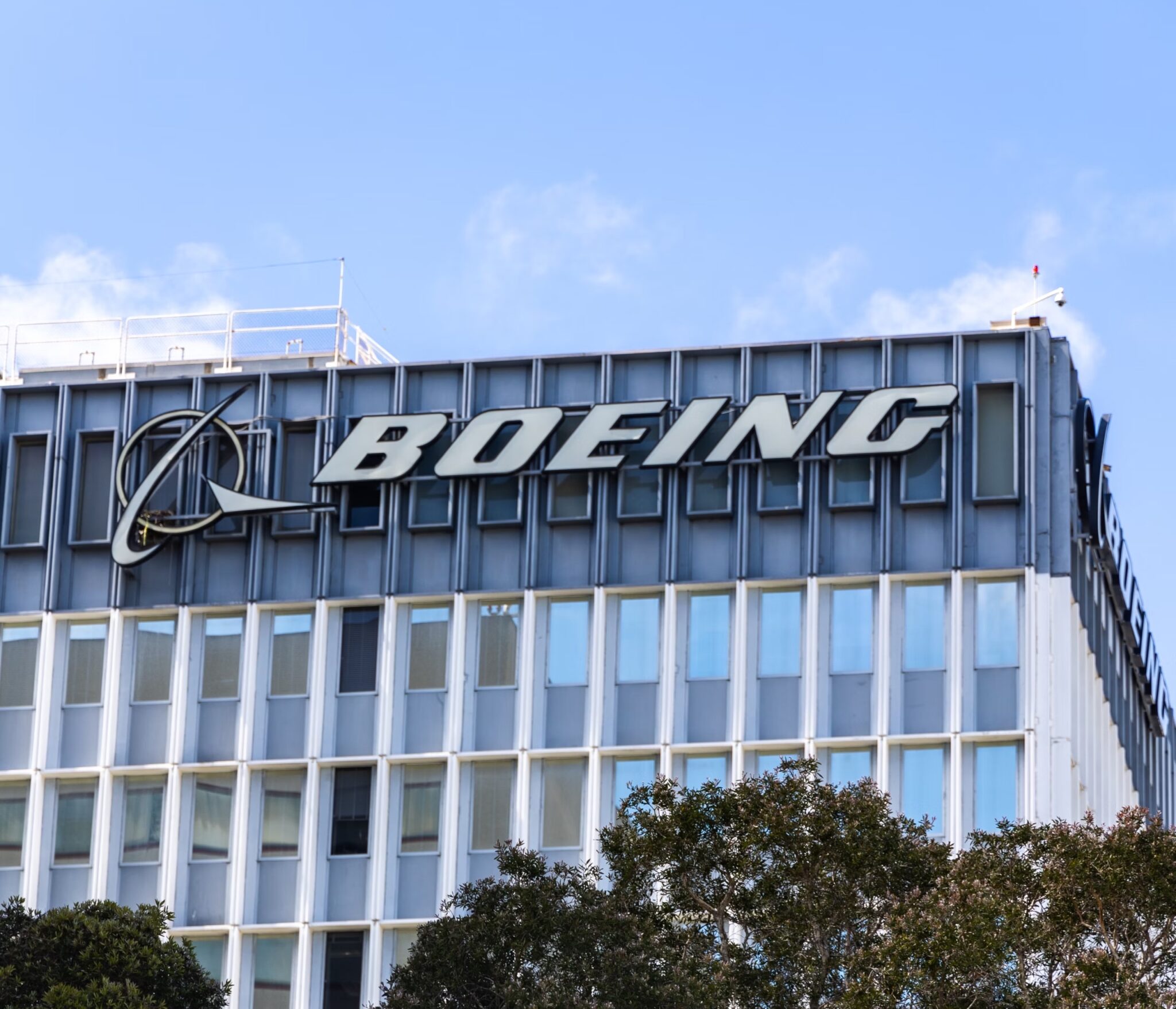
Ajayan Williamson is a student at Harvard Law School.
In today’s news and commentary, California’s rideshare deal moves to the Governor’s desk; Boeing reaches a tentative deal with striking workers; and the FTC steps up scrutiny of noncompete agreements in the healthcare industry.
On Tuesday, the California state legislature passed a bill enabling Uber and Lyft drivers to unionize. Governor Gavin Newsom said last month that he would sign the bill; once he does, California will become the second state (following Massachusetts) to allow unions for rideshare workers. However, as Finlay wrote last month, lawmakers secured support for the bill by packaging it with SB 371, a companion bill that greatly reduces the amount of insurance coverage the companies are required to provide. Moreover, the companies aren’t likely to play nice with a potential union: As CalMatters reports, an Uber spokesperson refused to say whether the company would bargain in good faith if drivers unionized.
Yesterday, Boeing reached a tentative agreement with the International Association of Machinists and Aerospace Workers, potentially ending a strike that has lasted since the beginning of August. The strike began after the union rejected a proposed agreement from Boeing; the deal follows Boeing’s announcement that it would begin hiring permanent replacements for striking workers. The company says that the new proposal would raise wages by an average of 45%, and the deal restores a signing bonus that had become a point of contention. However, the deal still needs to be approved in a vote that will take place tomorrow, and some striking workers have signaled ambivalence towards the terms of the agreement.
Finally, letters released yesterday show that the FTC is increasing scrutiny of noncompete agreements in the healthcare industry. The letters were sent to an undisclosed set of healthcare providers, and they noted the agency’s statutory authority to investigate unfair methods of competition, including noncompetes. The agency encouraged the companies to review their agreements “to ensure that they comply with applicable laws.” Though the FTC announced last week that it was vacating the Biden administration’s blanket ban on noncompete agreements nationwide, Chairman Andrew Ferguson has indicated his opposition to these agreements under certain circumstances: this week’s move might be an example of what the administration’s policy will look like going forward.






Daily News & Commentary
Start your day with our roundup of the latest labor developments. See all
February 18
A ruling against forced labor in CO prisons; business coalition lacks standing to challenge captive audience ban; labor unions to participate in rent strike in MN
February 17
San Francisco teachers’ strike ends; EEOC releases new guidance on telework; NFL must litigate discrimination and retaliation claims.
February 16
BLS releases jobs data; ILO hosts conference on child labor.
February 15
The Office of Personnel Management directs federal agencies to terminate their collective bargaining agreements, and Indian farmworkers engage in a one-day strike to protest a trade deal with the United States.
February 13
Sex workers in Nevada fight to become the nation’s first to unionize; industry groups push NLRB to establish a more business-friendly test for independent contractor status; and UFCW launches an anti-AI price setting in grocery store campaign.
February 12
Teamsters sue UPS over buyout program; flight attendants and pilots call for leadership change at American Airlines; and Argentina considers major labor reforms despite forceful opposition.